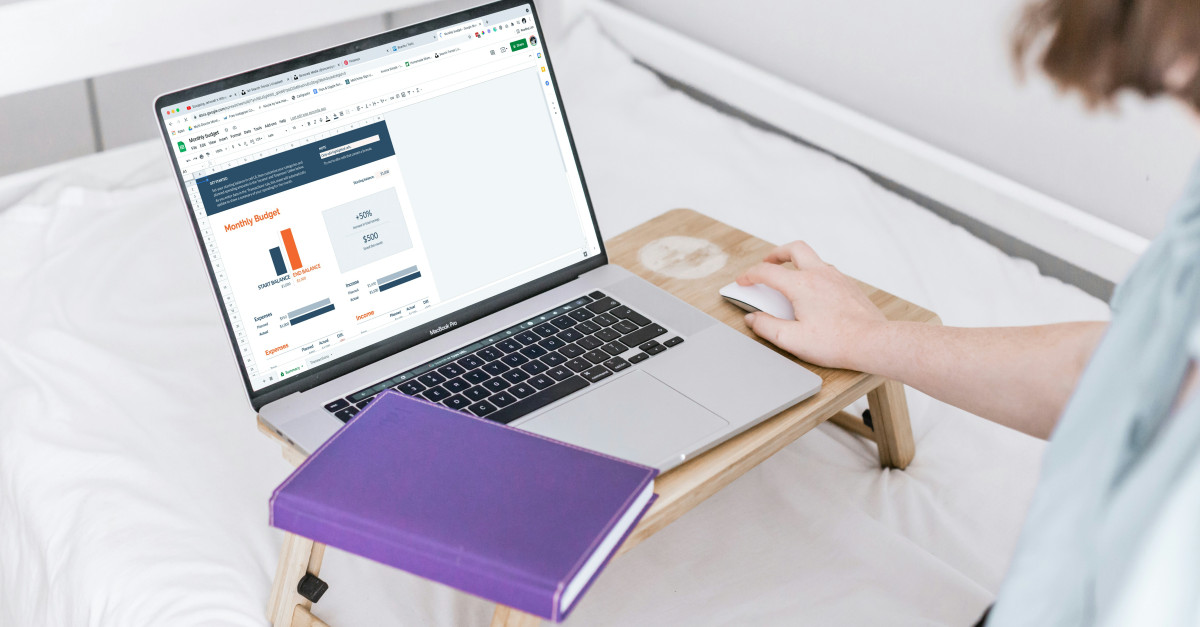Tough Times Call For Tough Measures
With all the uncertainty in the economy and job market these days, we need a reliable strategy to keep some money in our pocket at the end of each week. The challenges of unexpected expenses and rising prices require planning and smart spending. This is where making a personal budget can help you through the tough times.
Personal Budget Basics
At its most basic level, a personal budget is a statement showing how much money you’re bringing in, how much you’re spending, and how much you have left over at the end of a set time period. You can choose what time period you want to budget for. Since many utility bills, rent, mortgage payments etc. are paid out monthly, it may make more sense to go month-to-month. If things are tighter, a weekly budget can help you really exercise control.
What To Use
Any sort of spreadsheet software will work for a personal budget. There are also all sorts of apps you can download to make the process easier. The math isn’t complicated, but you will have to keep or have access to accurate financial records, receipts and statements. You probably have a rough idea of your financial situation, especially if you’re having trouble paying your bills, but a proper budget will give you better insight on what’s going on.
Income
Start by adding up all the money you have coming in from every source. Look at how much money you’re bringing in from jobs, side hustles, garage sales, etc. Consider how much money you’re making. Are there other part-time job opportunities or side hustles you could take on?
Expenses
Here is where things get interesting. You’ll want to keep receipts of all the money you spent in stores, restaurants, etc. and examine bank and credit card statements to find service fees, interest charges, etc. If your expenses are higher than your income, you need to take action so you don’t start sinking into debt.
Things You Need Vs Things You Want
Take a long, hard look at your receipts and credit card statements to see where you’ve been spending your money. Ask yourself if some of the things you paid for over the month were really necessary or worth it. There are many strategies you can take to reduce expenses, whether it’s eating out less, or making your home more energy-efficient.
 Photo By: Kaboompics.com, Pexels
Photo By: Kaboompics.com, Pexels
Where To Put Your Money
If you have money left over at the end of the month, you’re already on the right track. Whether your goal is to save for a big-ticket item like a car or vacation, or just put money away for the long term, sound budgeting is the way to get ahead of the game. You can investigate different strategies of budgeting if you want to adjust your approach. Zero-based budgeting is one popular method to get the most out of your money
Get In The Habit
Now that you’ve successfully budgeted for one month, don’t stop there. Start again on the first of the following month, using your last month's budget as a template. Knowing where you’re spending too much is the first step to getting your financial house in order. Over time, the work you’ve put in on your personal budgeting will put your finances on the right track and make you an active agent in your own financial success.
You May Also Like:
15 Ways To Put More Money Aside For Your Future In 2025
The Most Expensive Habits We Have—And How To Break Them









